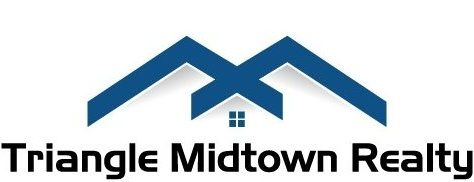Understanding who your broker is working for is of vital importance. If you walk into a show home in a new community, do you know who the broker you meet with works for? Do you know what sort of information you should divulge to that broker? Can a buyer’s broker also work for the seller? Fortunately, North Carolina real estate laws now require every client to read and sign an agency-explaining brochure entitled “Working with a Real Estate Agent.” Years ago, only the seller had broker representation, leaving the buyer alone to fend for himself. Times have changed and buyer representation is now the norm.
A seller’s agency is created between seller and the real estate broker upon creation of the listing agreement. Buyers are allowed to work with a real estate broker in an oral arrangement ONLY if the relationship is non-exclusive (ie. the buyer isn’t “locked in” with any particular agent). However, a buyer’s agency agreement MUST be signed at the time an offer is submitted. In reality, many real estate brokers will be hesitant to work with potential buyers without some form of agency agreement in place. Real estate brokers will expend considerable time and money during the home search process. So it is understandable that there would need to be at least some assurance that a commission will be paid (usually by the seller) in the event that the buyer and seller enter into a contract to purchase. The buyer’s agency agreement can be crafted to cover only specific property showings, or it could cover periods of time (one day to six months). Typically, the buyer will sign the buyer’s agency agreement once he or she feels a level of comfort with their broker.
You may also hear the term “dual agency” during your home buying/selling process. A dual agent can mean several things. A dual agent could mean that a broker is representing both buyer and seller. In that situation, the broker will only act as a messenger between the parties, and will be extremely limited in the advice he/she can give. The process may be streamlined in this example, but dual agency here can lead to obvious conflicts of interest. Another form of dual agency is less known. Even though you will be working directly with a broker, the buyer and seller are technically clients of the respective brokers’ firms. What if a buyer wants to purchase a home listed by a broker who works for the same firm? This is also a dual agency situation, since the firm represents both sides of the transaction. It is for this reason that clients may wish to agree to dual agency when signing their agency agreement.
Please read the following for further explanation:
NC Real Estate Commission Brochure – “Working with a Real Estate Agent”
WRAL (March 18, 2016) – “Understanding the Importance of a Buyer’s Agent”
